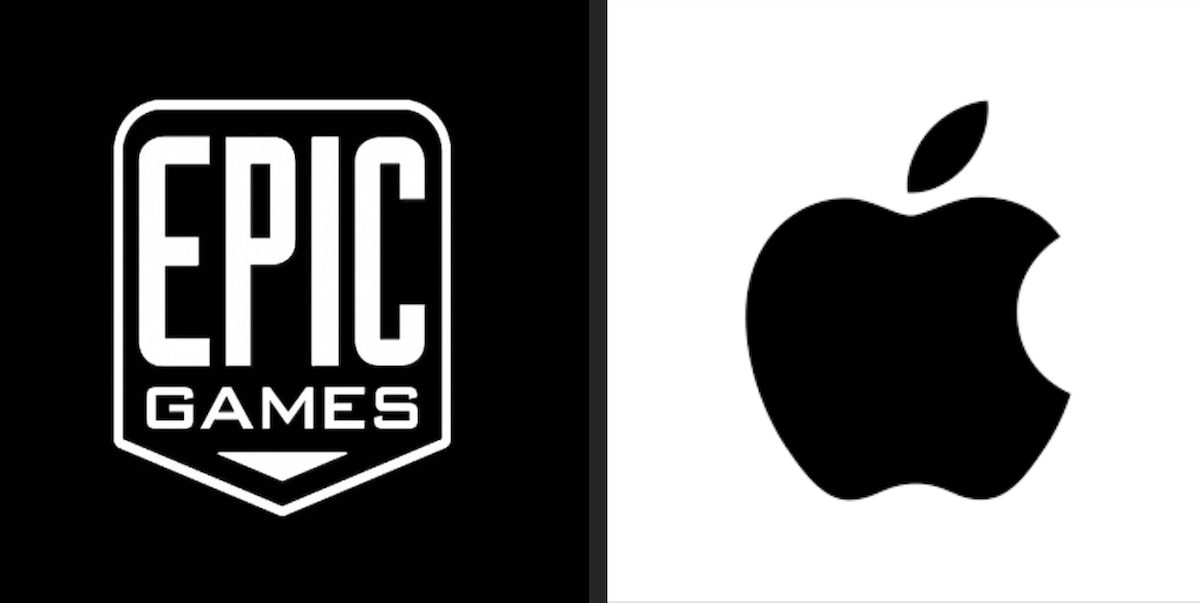Last week, Epic Games appealed the judgment of the Epic vs. Apple lawsuit at the United States Court of Appeals for the Ninth Circuit. The filing claims that the court made errors in finding the Cupertino tech giant in compliance with the Sherman Act, and non-monopolistic in reference to app distribution and in-app purchases on iOS App Store.
Now, tech giant Microsoft, the Department of Justice, and 35 U.S. states have come out in support of the Epic Games antitrust appeal against Apple.

Epic Games’ legal battle with Apple takes a turn as it receives support from the White House and Microsoft
The attorney generals of 35 states have filed a brief claiming the district court made an error in its decision when it conclude Apple did not have a monopoly on app distribution on its platform and went on to claim that Apple stifles competition. As noted by Florian Mueller of Foss Patents:
35 U.S. states led by Utah and Microsoft have officially thrown their weight behind Epic’s appeal through amicus curiae briefs filed with the United States Court of Appeals for the Ninth Circuit.
The state attorneys-general (“state AGs”) supporting Epic here are basically the ones suing Google alongside Epic in the Northern District of California. The states–led by the Beehive State–are (in alphabetical order): Alaska, Arkansas, Colorado, Connecticut, Delaware, D.C. (I’m not taking a position on the controversial question of statehood here), Florida, Idaho, Illinois, Indiana, Iowa, Kentucky, Louisiana, Maryland, Massachusetts, Michigan, Minnesota, Montana, Nebraska, Nevada, New Hampshire, New Jersey, New Mexico, New York, North Dakota, Ohio, Oregon, Pennsylvania, Rhode Island, South Carolina, South Dakota, Texas, Utah (submitter), Vermont, and Washington.
A separate brief filed by Microsoft states “Microsoft brings a unique – and balanced – perspective to the legal, economic, and technological issues this case implicates” and stated that the permutations of the case stretch far beyond gaming and described Apple as having “extraordinary gatekeeper power.”
Finally, the Antitrust Division of the United States Department of Justice filed a similar brief. While the filing claims it is “in support of neither party”, it goes to suggest that the district court in the original trial of Apple vs. Epic Games erred in making its decision in favor of the Cupertino tech giant.
In its case against Apple, Epic Games wants Apple to open up its devices to sideloading and alternative third-party payments as well as loosen its hold on the App Store. Apple is expected to respond to the appeal in March.
Read more: